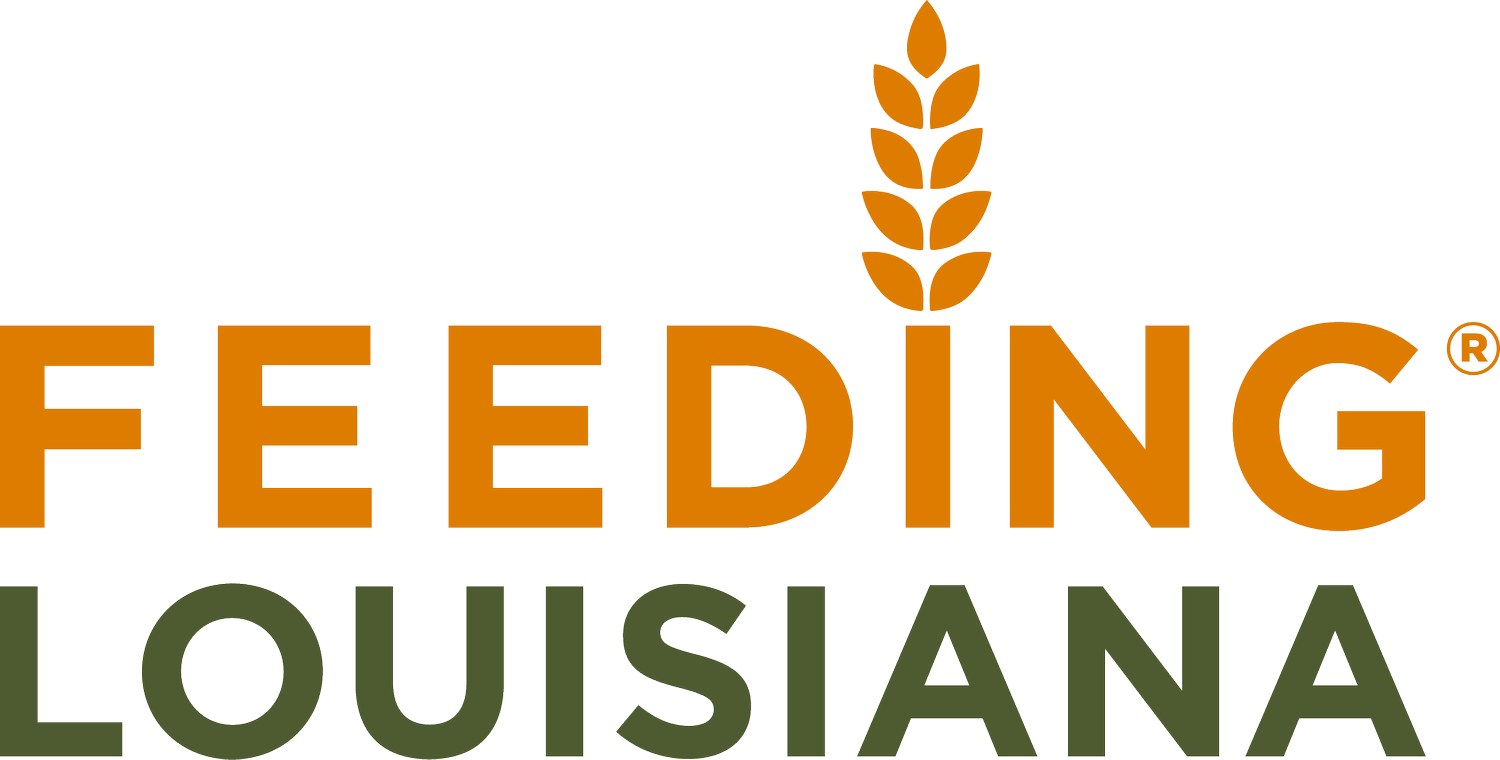Are You Willing to Take a Chance?
Author: Mary Pritchard, Feeding Louisiana, Director of Policy and Advocacy
Would you take a chance to improve your future—a chance at a healthier, happier, and more secure life?
According to the latest census data, workers with a bachelor’s degree earn nearly double the median income of those with only a high school diploma. Graduates of colleges and trade schools are also more likely to own a home and are less reliant on social safety nets. In general, they report being happier, healthier, and more financially stable than those without a degree.
With so many opportunities available—scholarships, grants, and work-study programs—why wouldn’t low-income youth pursue college or trade school? The reality is that while these programs may help cover tuition, they often fall short of covering essential living expenses like housing and food. As a result, many low-income youth face a difficult choice between furthering their education and meeting their basic needs.
You can see one such story here.
While this student’s story is one of success, it highlights the many barriers that still exist for other students seeking an education. During the pandemic, expanded eligibility for the Supplemental Nutrition Assistance Program (SNAP) provided crucial support to college and trade school students, like Nicholas. However, with those expansions now rolled back, current students face stricter requirements. Although these conditions can still be amended at the federal and state levels, the current rules in Louisiana require students not only to meet income eligibility requirements but also to satisfy stricter conditions.
Many of the eligibility conditions for students attending institutions of higher learning (IHL) are quite restrictive, applying only to a limited group—such as those enrolled in specific educational or training programs, parents of young children, or students with documented disabilities. For most students, the only realistic option is working 20 hours per week to qualify, but full-time students often struggle with unreliable transportation, time constraints, and the demands of their coursework. This forces them to choose between working and attending class, often resulting in missed classes, lower GPAs, and decreased graduation rates.
The Good News
The good news is that the USDA and state agencies can modify the current eligibility requirements for college and trade school students to receive SNAP food assistance.
In some states, students pursuing certificates or degrees in fields with clear career pathways can qualify for SNAP, provided they meet the other income requirements. This adjustment helps students who are actively working toward employment in a specific field. Other potential changes being considered include reinstating the COVID-19 modification, which allowed students eligible for work-study programs to qualify for SNAP, regardless of whether they accepted a work-study job. Additionally, discussions are ongoing about extending SNAP eligibility to students enrolled in programs requiring a high school diploma or equivalent, similar to those who are in programs without such prerequisites.
What Can You Do to Help?
To ensure college students can focus on their studies and have access to nutritious food, consider supporting local university or trade school food pantries by donating healthy food items. You can also make a difference by contacting your U.S. legislators and urging them to expand SNAP eligibility for college students. Your voice matters—if they don’t hear from you, they’re less likely to advocate for your concerns, so let them hear YOUR voice!
College hunger is more common than many realize, with many food-insecure students coming from food-insecure families. Ensuring that students have access to affordable, nutritious food sets them on a path toward lifelong success and better health. It's an investment in their future—and one worth making.
